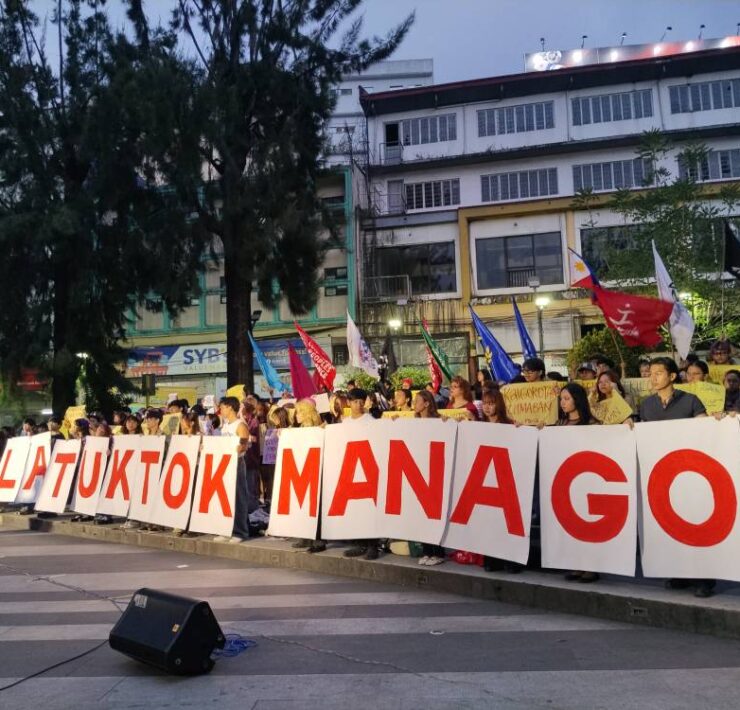Gregorio C. Brillantes, 92: Master of the ‘fine story’
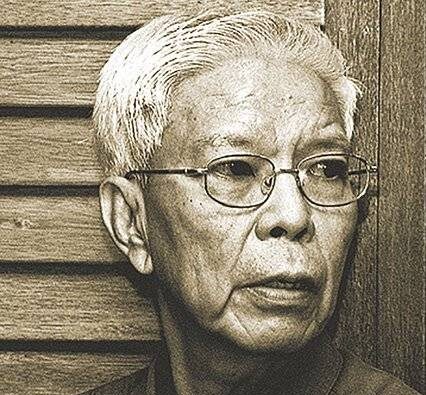
Gregorio C. Brillantes, a giant of contemporary Philippine literature whose canonical body of work, primarily his short stories in English, has been studied and celebrated by generations of literature and humanities students and practitioners, died at 92 on the morning of Sept. 26.
The news was announced by his nephew, Joey Brillantes, in a Facebook post.
Joey eulogized his “Tito Greg” as “one of the Philippines’ most accomplished writers in English, noted for his elegant prose, subtle psychological insight, and the way he traversed both the real and the fantastical in his short stories.”
Deep curiosity
Brillantes was “born Dec. 18, 1932, in Camiling, Tarlac…” to a schoolteacher father and a mother who owned a drugstore, wrote Joey.
At 13, Brillantes discovered old issues of the Philippines Free Press and Philippines Graphic, “reading them voraciously and clipping stories.” These magazines published the works of, among others, C.V. Pedroche, Bienvenido Santos, and N.V.M. Gonzales (the latter eventually declared a national artist for literature).
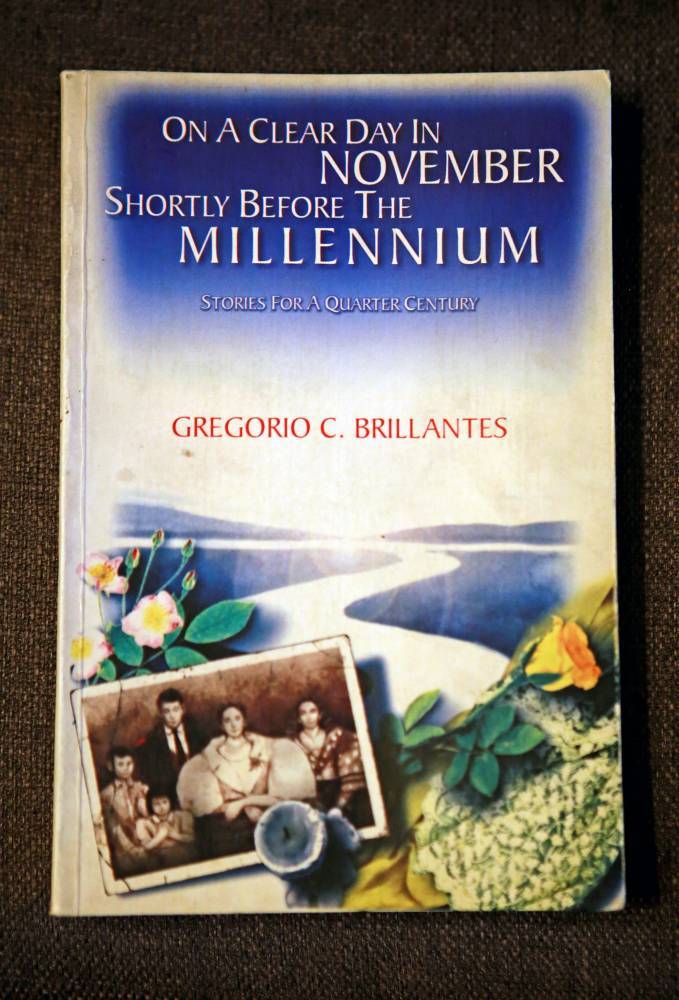
“These early encounters with literature awakened in him a deep curiosity about narrative, voice, and character,” Joey said.
According to the Cultural Center of the Philippines (CCP) Encyclopedia of Philippine Art, Brillantes obtained his bachelor of letters degree, major in journalism, at the Ateneo de Manila University, “where he also edited the Ateneo Quarterly.”
“He taught English at Ateneo High School and literature and creative writing at Far Eastern University, worked in an advertising firm, and later for the Philippines Free Press, 1960-1971, first as staff writer and later as executive editor,” said the CCP publication.
His first short story was published in 1952 in the Philippines Free Press, and many more of his short stories would see print in the magazine.
A 2024 profile of Brillantes written in this paper by Ruel De Vera recalled the time when “Free Press literary editor Teodoro M. Locsin—a beloved mentor—published one of Brillantes’ stories, sending him a money order for P60, only to send him a second money order for P40 ‘for it was a fine story.’”
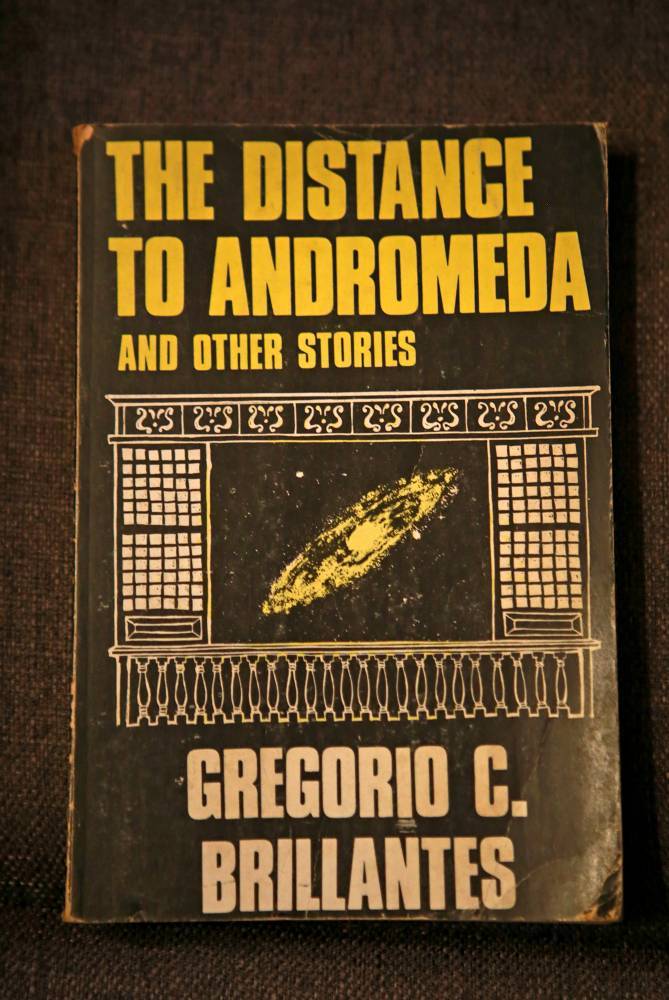
Elegant style
Brillantes’ first book, “The Distance to Andromeda and Other Stories,” came out in 1960 and was a collection of his short stories.
His other short story anthologies are “The Apollo Centennial: Nostalgias, Predicaments, and Celebrations” (1981) and “On a Clear Day in November, Shortly Before the Millennium: Stories for a Quarter Century” (2000).
“Over the course of his long writing life, Tito Greg published a number of short story collections, essays, edited works, and was influential both as a writer and an editor,” Joey said.
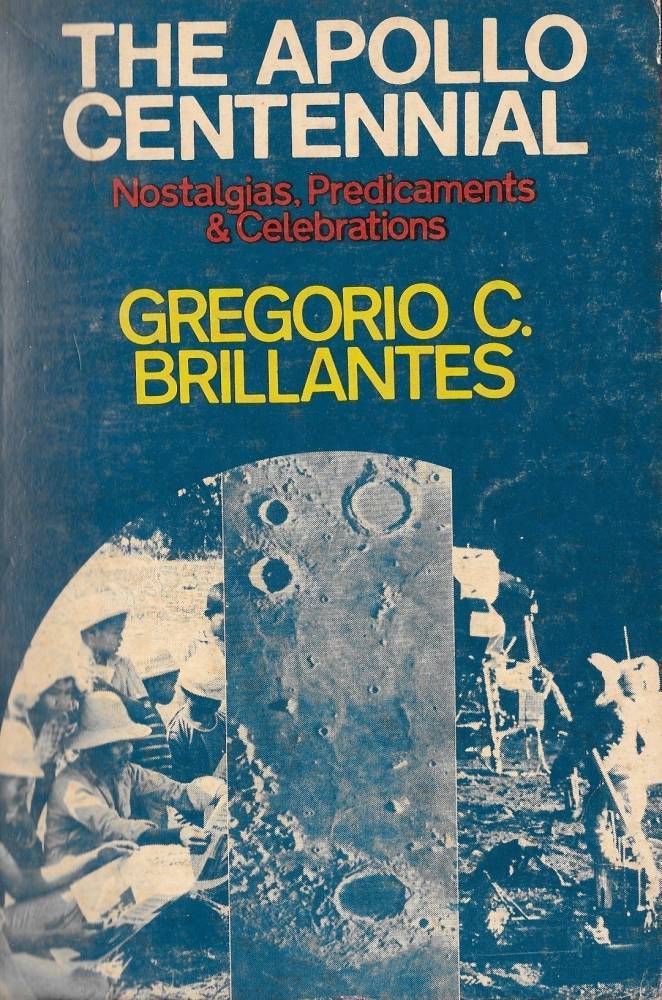
“His style was often praised for its elegance, its psychological and interior depth, and for weaving in themes of alienation: especially the alienation of young people—adolescents or early-adults—who find themselves estranged from family, from society, or simply from themselves. He also explored, though more sparingly, the fantastic or speculative, at times using surreal or futuristic motifs to examine moral, existential, or spiritual questions,” he added.
The CCP Encyclopedia noted that Brillantes’ early stories, “written in the 1950s, were influenced by Graham Greene, James Joyce, and Evelyn Waugh, and with their use of Biblical imagery and exploration of theological themes, they earned him the label ‘Catholic writer.’”
“His later stories are more sociopolitical in theme and reflect the social unease of the 1960s and 1970s. All are well-crafted and delve deeply into the human condition,” it added.
Much-honored
In Brillantes’ story “My Brother Ramon,” the narrator—for De Vera, “clearly a stand-in” for its author—said at one point: “It will be a beautiful story … It will be a great and unforgettable story … Tonight, I said in my heart to the darkening street and the approaching rain, I too will write, with fury, anger and tenderness.”
For writing such stories, Brillantes received a long list of honors throughout his career, among them the Palanca Hall of Fame, the South East Asian Writers or S.E.A. Write Award, the Gawad CCP Para sa Sining for Literature, and the Dangal ng Lahi Award from the Carlos Palanca Foundation.
He is survived by his wife, Lourdes, their three daughters—Dr. Patricia Silvestre, the dean of the University of the Philippines College of Music, and Cecilia and Alicia—and three grandchildren.


















